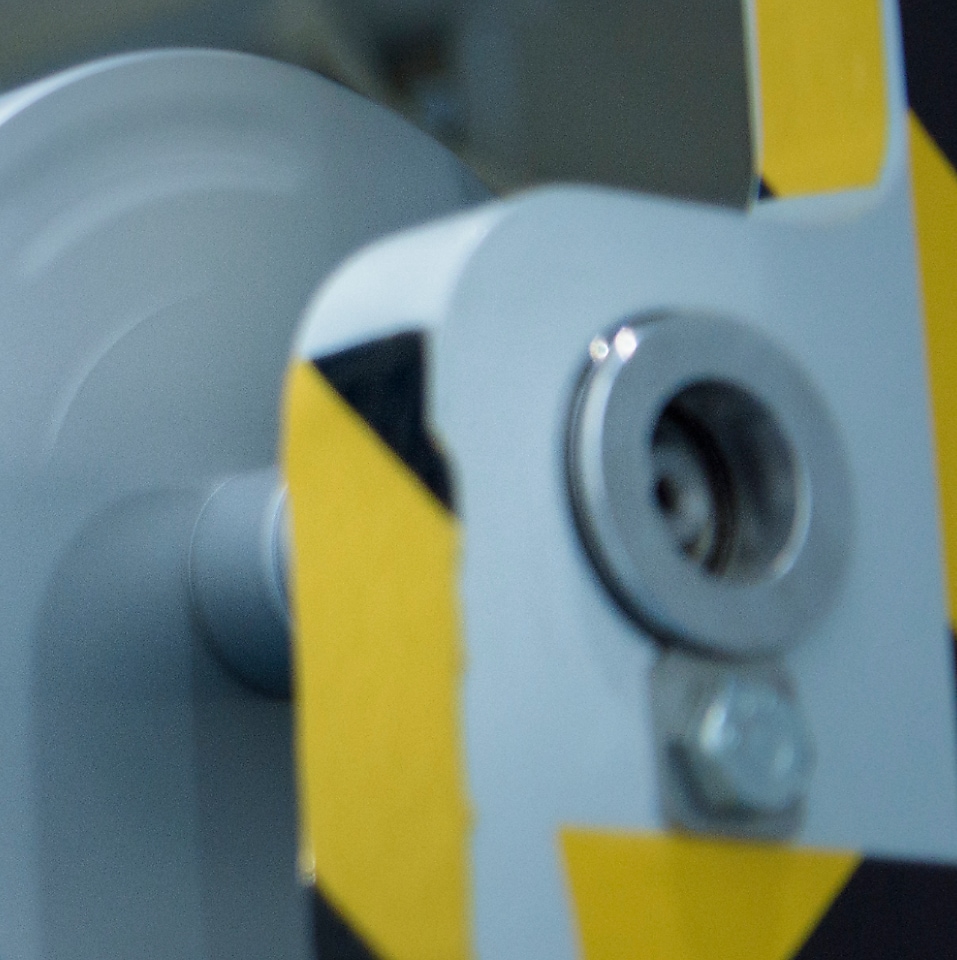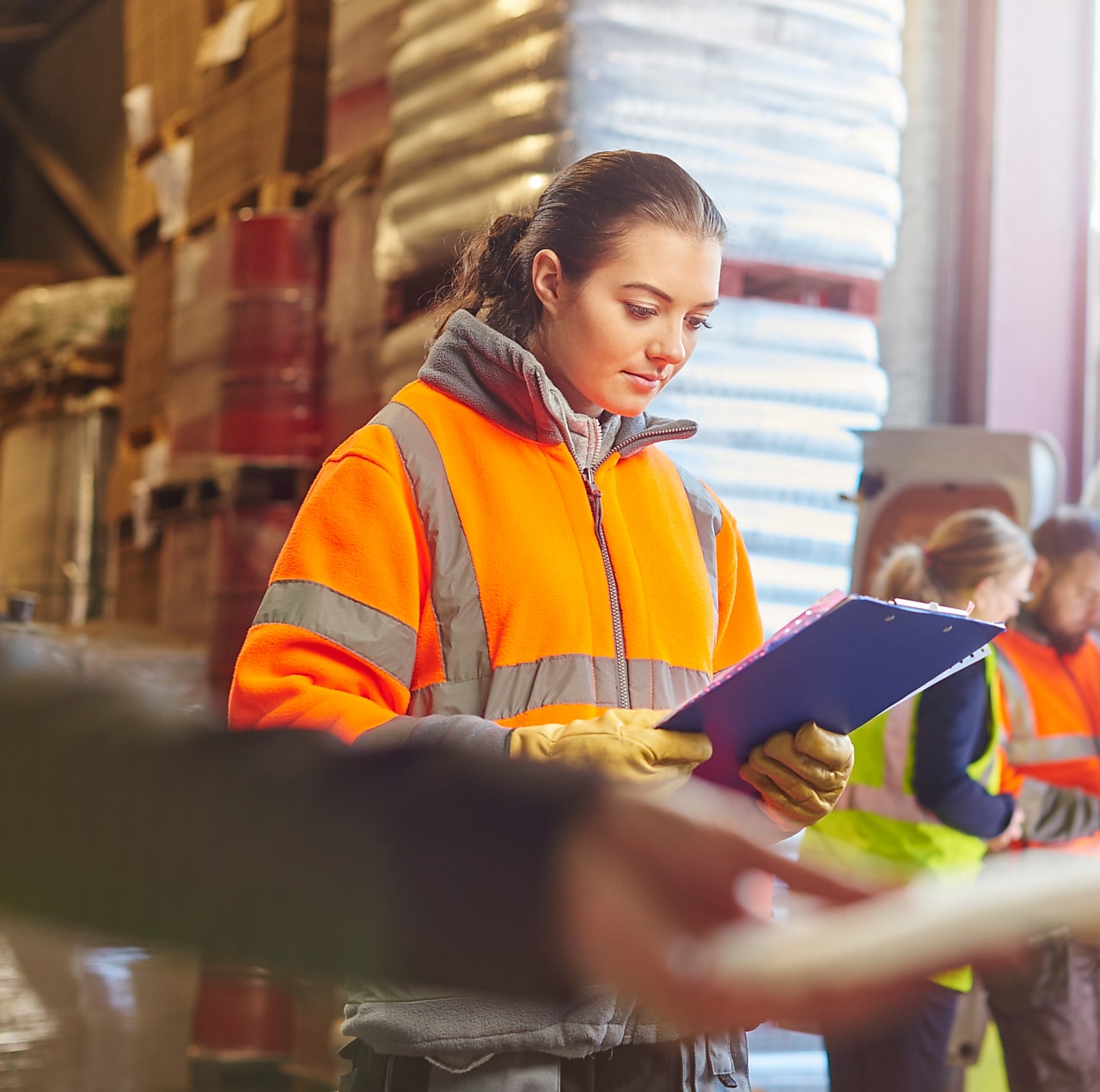
Societal Shifts That Favor Sustainable Product Packaging Solutions
Discover new market opportunities for polyethylene converters brought on by accelerating sustainable product packaging demand.
The trend for sustainable product packaging is not just continuing, but accelerating. Various factors are driving it. Those include:
- Brand commitments
- Consumer preferences
- New laws
That requires converters to know what changes are happening and how implementation works. Knowing what’s changing can help converters stay ahead of shifts and evolve with commercial and environmental sustainability in mind. Those trends include:
Life Cycle Assessment (LCA)
LCAs are the proactive identification and mitigation of crucial environmental impact hotspots throughout product creation, consumption, and disposal. Such assessments include all product stages, including the extraction and processing of raw materials, product manufacturing and distribution, product maintenance and use, and product end-of-life management.1
For each of those stages, LCA methodology also calls for consideration of all possible effects upon the climate, ecosystems, jobs, and economy, and the potential toxicity created. Finally, it demands an assessment of the potential causes of those effects, including those stemming from the plastic products themselves, as well as any related goods and services required for those stages.2
LCAs put the onus on suppliers, converters, and brands to address trade-offs between the environmental effects and sustainability pillars, to orient the selection of the best solutions for the environment, society, and economy. Several LCAs have shown plastics are often the better environmental choice than other options.3
Extended Producer Responsibility (EPR)
EPR rules go a step further than an LCA’s focus on proactive consideration and mitigation. With EPR, manufacturers take responsibility for the environmental effects of their products throughout the life cycle. That includes impacts caused by:4
- Upstream material selection
- Production and manufacturing
- Downstream use and disposal
An EPR requires converters and brands to create products with minimal life cycle impacts. In many cases, that would mean adopting sustainable sourcing and designing products to mitigate environmental impacts (such as creating monomaterial packaging that’s easier to recycle).
The aim is to reduce impacts on the municipal waste stream, and the related taxpayer burden.
The concept is increasingly gaining force of law. More than a dozen states are considering EPR laws.5 Some of those proposals set statewide reduction/recycling/reuse goals. Others require stewardship plans. And companies may be required to pay for the collection, sorting, and recycling of the packaging they put on the market,6 to prompt proactive sustainability actions.
Most nations in the Organisation for Economic Co-operation and Development (OECD) have implemented some level of EPR, including the USA, Canada, and Mexico.7 Major brands endorsing EPR include L’Oreal, Nestle, PepsiCo, The Coca-Cola Company, Unilever, and Walmart.8
Truth in Labeling
Truth in labeling regulations for plastics require specific standards for advertising or labeling products as being recyclable. Like EPR, the force of law is increasingly backing such policies.
In California, such a law took effect on Jan. 1, 2022. The new law prohibits the use of the chasing-arrow recycling symbol if the labeled item is ineligible for municipal recycling.9 For example, grocery bags are technically recyclable but not accepted by many municipal recycling programs.10 Other states are considering following California’s lead.
Shell Polymers Can Help Make Sustainability Sustainable
Shell Polymers has the foresight and tools to help converters make their products more sustainable and effectively contribute to a circular economy.
For instance, our new polyethylene plant in Monaca, Pennsylvania will host an application hall. There, converters can trial new sustainable products such as fully recyclable packaging, products using higher levels of recycled content, and other redesigned products that offset impacts. And they can do so without having to stop their own lines for trials. Customers can also network with our Polymer Pioneers and Pros at the plant and get their advice for sustainable product evolution.
The greater Shell network can point you toward circular solutions like advanced recycling, where Shell Chemicals takes plastic waste and transforms via pyrolysis into high-end chemicals for reuse. Plus, our Green Education Series empowers our customers with information regarding green initiatives. And we will lead by example by setting robust sustainability goals for the entire Shell network.
Shell Polymers uses collaboration and dialogue to push innovation forward and prove our commitment to our customers’ long-term success, no matter what challenges arise.
Sustainable Packaging Resources

Discover the Business of Plastics
Download our comprehensive Business of Plastics industry report to stay on top of evolving converter trends.
References:
1https://www.lifecycleinitiative.org/life-cycle-approach-to-plastic-pollution/
2https://www.lifecycleinitiative.org/life-cycle-approach-to-plastic-pollution/
3https://www.lifecycleinitiative.org/life-cycle-approach-to-plastic-pollution/
4https://www.oecd.org/env/waste/factsheetextendedproducerresponsibility.htm#:~:text=Extended%20Producer%20Responsibility%20is%20a,materials%20for%20the%20products%2C%20impacts
5https://www.wastedive.com/news/2021-state-extended-producer-responsibility-recycling/594873/
6https://resource-recycling.com/plastics/2021/02/03/state-lawmakers-nationwide-begin-coordinated-push-for-epr/
7https://www.oecd.org/env/waste/factsheetextendedproducerresponsibility.htm#:~:text=Extended%20Producer%20Responsibility%20is%20a,materials%20for%20the%20products%2C%20impacts
8https://plastics.ellenmacarthurfoundation.org/epr
9https://spectrumnews1.com/ca/la-west/environment/2021/10/05/governor-newsom-signs-bill-requiring-truth-in-labeling-for-product-recyclability
10https://www.mercurynews.com/2021/12/28/exclusive-california-commission-claims-retailers-violating-plastic-bag-law/

